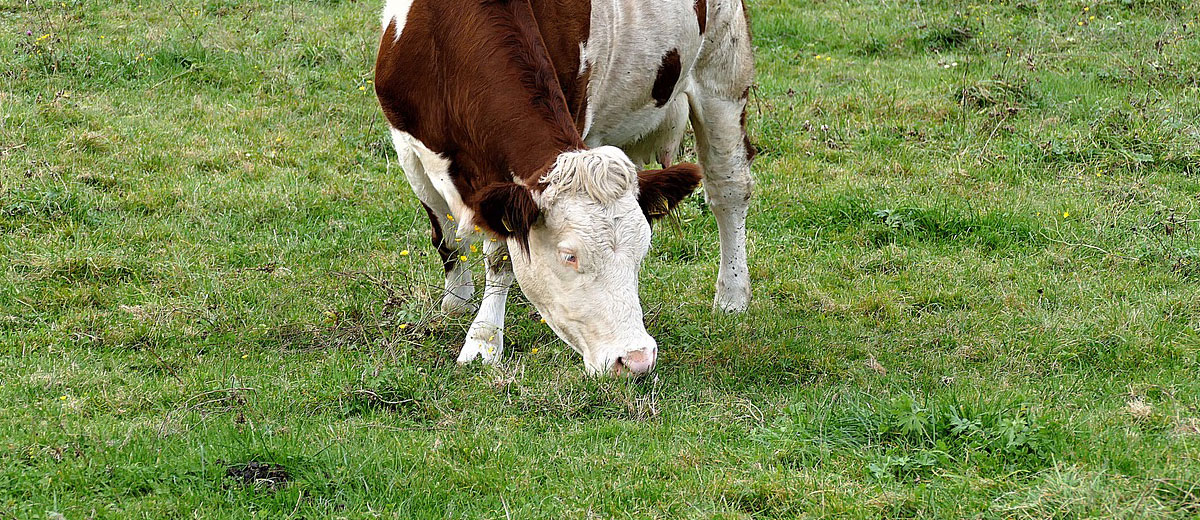Source: Nadia Mori PAg, Range Management Extension Specialist, Watrous, Saskatchewan.ca, October, 2018
Fall and winter are good times to reflect on pasture planning and pasture monitoring strategies.
The Grazing Response Index (GRI) is a recently-developed assessment tool to help with this. Agriculture and Agri-Food Canada (AAFC) are actively involved in testing the validity of the GRI for the Prairie Provinces. Their findings indicate that the index can be a valuable tool in pasture assessments.
The GRI is an attractive assessment tool for producers looking for a simple and relatively quick way of making management decisions based on their current season grazing management.
A GRI assessment uses three components:
- Frequency looks at how many times grazing animals had an opportunity to graze plants. Opportunity for animals to re-graze the same plant is based on estimated plant growth rates. Where animals remain in the same pasture, opportunity for grazing is considered to occur every seven to 10 days. For example, if a paddock is used for 30 days, there would be three seven to 10 day periods within those 30 days.
- Intensity looks at how much leaf material has been removed during the grazing period. Intensity falls in one of three categories: light, moderate, and heavy utilization. Heavy utilization is considered when more than 56 per cent of the plant material has been removed.
- Opportunity refers to how much time the plants have to regrow between grazing events. Assessing opportunity can be subjective as recovery periods depend on how favourable conditions are for plant growth. The categories in the opportunity rating range from “no chance” to recover, to “full season” to recover.
The overall GRI rating will be the sum of the frequency, intensity, and opportunity index values ranging from +4 to -4. A positive overall value indicates that the current grazing management is beneficial for plant health. While a negative overall number indicates detrimental long-term effects of the current grazing management. A zero rating is neutral.
